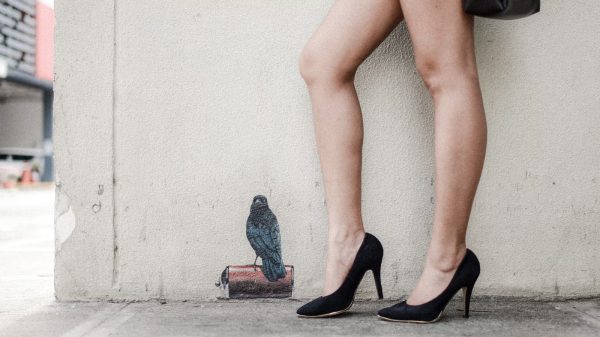Bullying at boarding schools has a negative impact on students’ emotional health, but for male students, having a school staff member to rely on for support may mute the harmful effects of bullying, according to a new University at Buffalo study published in School Psychology Review. Support networks did not have the same effect for female students, the researchers say.
“If students feel unsafe at school, it can impair their ability to concentrate and engage academically, socially and emotionally, resulting in mental health challenges,” says Stephanie Fredrick, PhD, lead investigator and associate director of the Alberti Center for Bullying Abuse Prevention at UB. “When schools support both academic success and mental health, students may feel safer at school despite being aware of or experiencing bullying.”
These support systems may be even more crucial for those in boarding schools, where students may be at increased risk for bullying, stress and internalizing depression and anxiety. Boarding students do not have the ability to disconnect from peers or school by going home at the end of the day,” says Fredrick.
The study surveyed more than 300 boarding students in the US to understand their perceptions of school safety and practices to promote student mental health.
Available mental health services included licensed counselors who functioned as therapists, and a learning specialist who supported students with emotional, learning and cognitive disabilities. Emotional safety was defined as feeling comfortable with expressing emotions, taking risks and engaging in new experiences.
The researchers discovered that male students who perceived that the school supported mental health reported feeling emotionally safe on campus, regardless of their experiences with bullying. School mental health support did not improve perceptions of emotional safety for female students.
“It may be that school mental health supports were not robust enough to buffer against feeling unsafe for female students,” says Fredrick. “Other aspects of the school environment, including disciplinary or physical structure, or even peer support, may be needed for female students to feel emotionally safe.”
The research, she says, highlights the importance of policy standards to guide school mental health professionals in addressing boarding student safety concerns.
“The effect of bullying prevention programs tends to be small-to-moderate, so it is likely that students will always see a certain level of bullying at their school,” says Fredrick. “Simply having mental health professionals present and available throughout schools may enhance student perceptions of school safety.”
Additional investigators include UB Graduate School of Education doctoral student Abbey McClemont; Lyndsay Jenkins, PhD, associate professor at Florida State University; and school psychologist Michael Kern, PhD.







































































